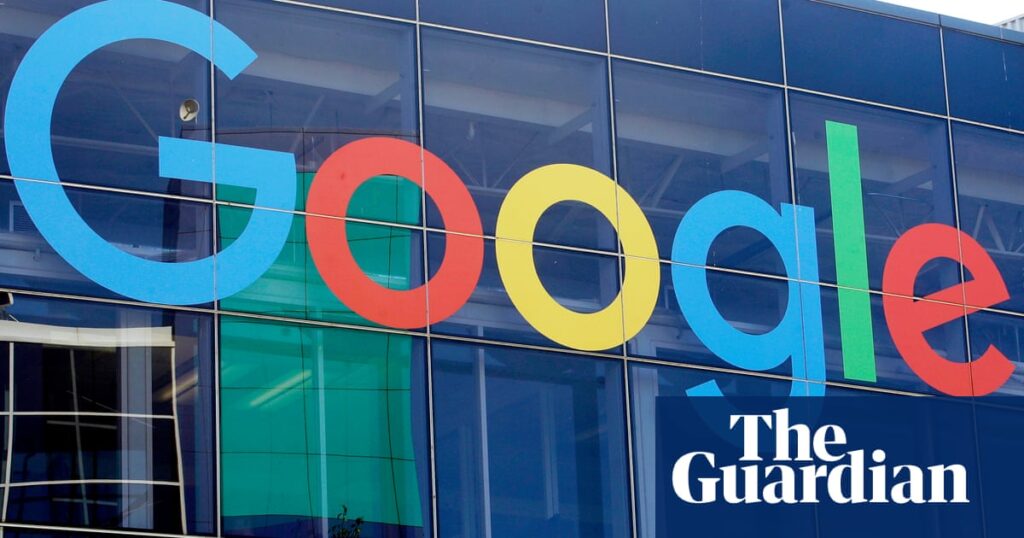The United States has intensified its scrutiny of Google, setting the stage for a potential breakup of its search monopoly.
Recent court filings reveal the government’s ambitious plans to dismantle Google’s dominant position, aiming to foster a more competitive digital marketplace.
Government’s Stand Against Google’s Monopoly
The United States government is taking a firm stand against Google, aiming to dismantle the tech giant’s monopoly on the internet search market. The Department of Justice (DoJ) has made it clear that ‘structural remedies’ are on the table, which could significantly alter Google’s ability to leverage its products like Chrome, Android, and Play. Such measures are designed to level the playing field for competitors who have long found themselves overshadowed by Google’s vast reach.
Actions Under Consideration
Potential actions by the DoJ include preventing Google from paying for its search engine to be the default on smartphones. This move directly targets the agreements Google has made with device manufacturers, such as Apple and Samsung, to ensure its dominance. By stopping these payments, the DoJ seeks to open the market for competitors, providing consumers with choices they haven’t had for over a decade.
Beyond financial agreements, the DoJ is scrutinising other business practices that reinforce Google’s dominant position. The emphasis is on not just ending current monopolistic actions but also preventing future control over digital distribution channels.
Google’s Response to Legal Threats
Google, not one to back down easily, is set to contest these legal challenges. The corporation’s response highlights that the DoJ’s plan reflects ‘overreach’ that could harm consumers rather than help them.
According to Lee-Anne Mulholland, Google’s vice president for regulatory affairs, the DoJ’s efforts to enforce these wide-ranging changes are seen as potentially damaging. She warns that such moves might have unforeseen repercussions affecting consumers, businesses, and the technological landscape in the US.
Court Ruling and Immediate Implications
In August, the court found Google in violation of antitrust laws, citing its overwhelming control over the search market as evidence of an illegal monopoly. This ruling has opened the floodgates for the present legal battle in which Google finds itself entrenched.
The DoJ’s filing stresses Google’s harmful impact on users, emphasising the need to restore competition in a market vital to public interest. The ruling accentuates the interwoven and extensive damages caused by Google’s practices, warranting intervention to recalibrate the competitive dynamics.
Financial Dynamics of Google’s Dominance
In 2021 alone, Google paid $26.3 billion to secure its position as the primary search engine on major platforms. This staggering amount underscores how deeply the company is willing to invest to maintain its supremacy.
The emphasis on these financial tactics draws attention to how they have effectively stifled competition. Without intervention, the fear is that Google’s control will only deepen, further diminishing incentives for rivals to innovate or invest in this space.
Ensuring fair competition requires dismantling these financial constructs, which have become barriers for other players aspiring to enter the digital arena.
Potential Consequences and Industry Impact
The DoJ’s proposals are expected to be detailed further by November, with Google’s counter-proposals due in December. The outcome of these discussions could redefine the tech industry’s framework in significant ways.
Should the DoJ succeed in its quest to break up Google, the ramifications could be profound, influencing not only search engines but also broader commercial models in digital services.
These developments are being closely monitored by industry stakeholders, as the long-term consequences hold the potential to reshape everything from user privacy to digital advertising norms.
The Path Forward
With the impending proposals, both the government and Google are poised for a showdown that could set new precedents in antitrust enforcement. How this unfolds will be crucial in determining the balance of power within the tech industry.
The outcome of this landmark case will not only affect Google but also set a decisive precedent for tech monopolies.
Many anticipate significant changes in the digital ecosystem, depending on the legal proceedings’ results.

